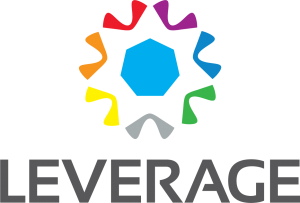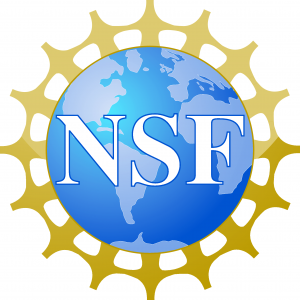Faculty Development Institute


Thursday, November 2nd, 2017 at the Kansas City Convention Center Room 2214.
Overview: The Faculty Development Institute (FDI) aims to help mentor and develop pre-tenured Hispanic science and engineering faculty for the tenured engineering professoriate. Pre-tenured faculty will participate in a one-day faculty development workshop aimed at providing the skill sets and resources needed to obtain and successfully transition to tenured faculty positions. Example workshops include How to Write Successful Research Grants and Managing Teaching, Research, and Service. Participants will be able to connect with tenured Hispanic faculty role models who can provide mentoring and guidance. The FDI will build a community of Hispanic engineering faculty to promote opportunities for faculty positions, postdoctoral positions, and research collaborations.
Agenda
Thursday, November 2nd, 2017
Session Time
Session
09:15 – 9:30
Welcome Remarks
Raquel Tamez
09:30 – 12:00
Using literacy to identify hidden factors that compromise equitable and effective engineering education
Idalis Villanueva, Joel Alejandro Mejia, Renata Revelo
12:20 – 14:00
SHPE Graduate Luncheon (Ticket Required)
Distinguished Lecture Series (Room 2103C)
14:15 – 15:45
Funding Strategies
Diego Rodriguez – NASA Education Office
Jose Cerrato, University of New Mexico
15:45 – 16:00
Break
16:00 – 17:15
NSF/NASA Grant Awardees Awardees Panel
Jose Cerrato, Idalis Villanueva, Pablo Zavattieri, David Estrada
17:15 – 17:30
Concluding Remarks
David Estrada and Comas Haynes
19:00 – 21:30
Faculty Dinner (Marriot DT) and Young Investigator Lecture
Faculty Development Institute Session Abstracts
Funding Strategies for the National Science Foundation
Speaker: Diego Rodriguez, Education Manager at NASA Headquarters
Facilitator: Jose Manuel Cerrato, Ph.D., University of New Mexico
One of the premier workshops of the Faculty Development Institute, this two-hour workshop will prepare pre-tenured faculty members for the task of writing their first set of grant proposals. An experienced NSF Program manager will be invited to provide tips and insights to participants. Attendees will bring drafts of their proposal summaries that will be reviewed and improved through the mentorship of senior, tenured faculty members. A panel consisting of NSF CAREER Awardees will be held to encourage interaction and foster questions and answers that actively include participants. The workshop will help participants understand the components of a competitive grant proposal, discover what grant managers consider “red flags,” and learn how to cultivate potential institutional donors. By the end of the workshop, the attendees will gain valuable skills to develop and complete a competitive proposal for grants such as the National Science Foundation CAREER award among others.
Using literacy to identify hidden factors that compromise equitable and effective engineering education
Facilitators: Idalis Villanueva, Ph.D. Utah State University
Joel Alejandro Mejia, Ph.D., University of San Diego
Renata Revelo, Ph.D., University of Illinois – Chicago
Literacies are the ways in which people locate, use, consume, interpret, produce, and create representational texts to make or share meaning of the world. These texts include written language, diagrams, sketches, mathematical notation, and, prototypes. Literacy practices, or how people use texts, are vital to engineering in formal and informal spaces. Literacies are also central to the social and cultural practices that are intertwined with identities—who people are; institutions—schools, work, legal system; and people’s participation in their multiple communities’ “ways with words” (Barton & Hamilton, 1998; Gutiérrez & Rogoff, 2003; Heath, 1983). However, identifying these literacies, particularly for engineering education is not a straightforward process. In this workshop, participants will discuss and identify equity-oriented literacy instruction strategies through strategies based on hidden curriculum, literacy, and engineering identity. Through identification of important classroom literacies and norms that can influence equitable engineering education, sustainable and more effective engineering education can occur in formal and informal educational settings.